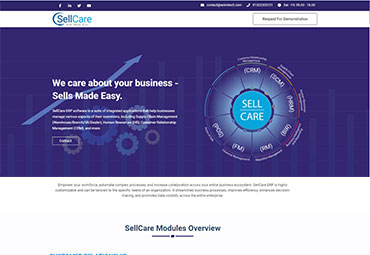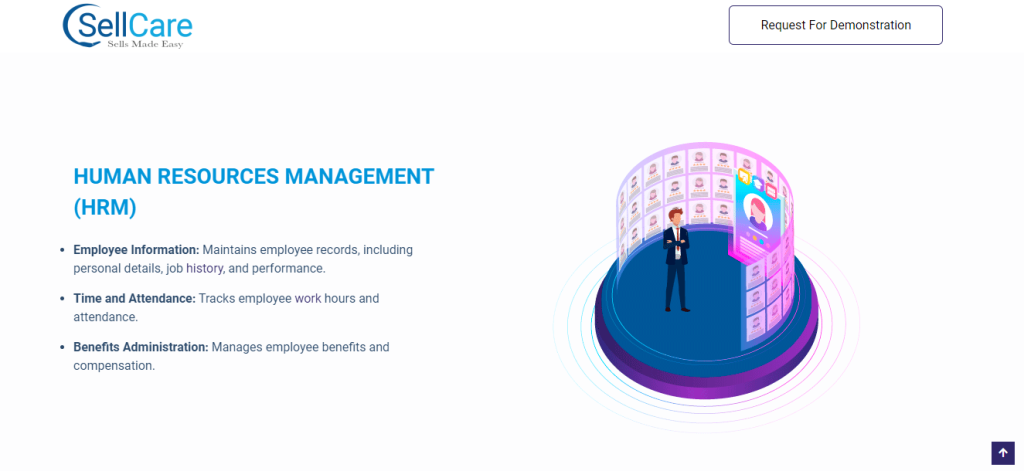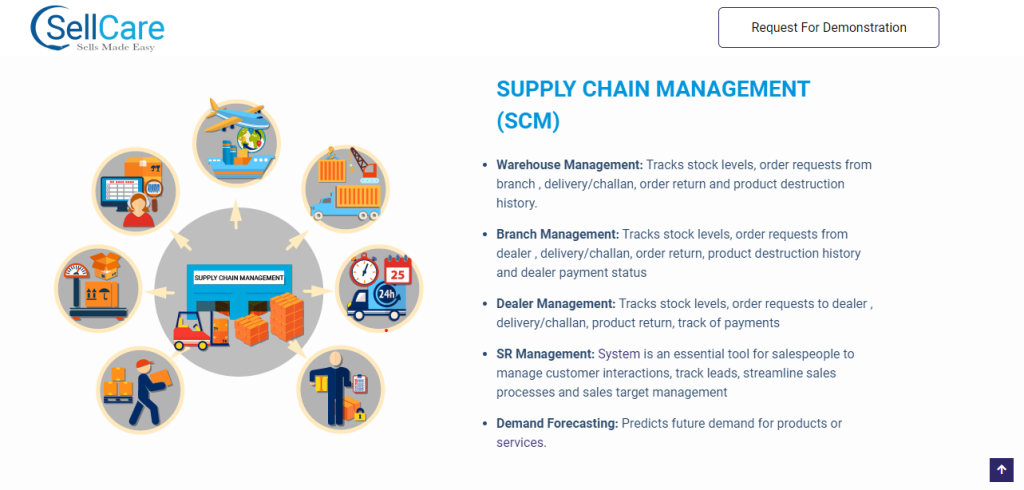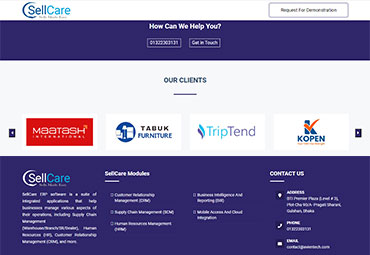Description
Enterprise Resource Planning (ERP) Solutions systems have become indispensable tools for businesses striving for operational efficiency and productivity. In an increasingly competitive market, organizations across various industries are leveraging the power of ERP to streamline their processes and gain a competitive edge.
What is ERP?
ERP refers to a suite of integrated applications that facilitate the management of core business processes, such as inventory and order management, accounting, human resources, customer relationship management (CRM), and more. By consolidating these functions into a single system, ERP enables businesses to centralize their data and streamline operations, leading to improved decision-making and enhanced productivity.
Benefits of Implementing an ERP System:
- Streamlined Processes: ERP systems eliminate redundant tasks and data entry, fostering seamless communication between different departments.
- Enhanced Data Security: With centralized data management, ERP ensures data security and integrity through robust access controls and data encryption.
- Improved Decision-Making: Real-time data access and analytics provided by ERP enable informed decision-making and strategic planning.
- Increased Productivity: Automation of repetitive tasks and streamlined processes lead to enhanced productivity and resource utilization.
- Scalability and Flexibility: ERP systems are designed to adapt to evolving business needs, allowing for seamless expansion and integration with new functionalities.
Implementing an ERP System:
The successful deployment of an ERP system necessitates meticulous preparation and implementation. It is crucial to involve key stakeholders from different departments and ensure proper training for all users. Additionally, organizations should conduct a thorough assessment of their current processes and define clear objectives for the ERP implementation.
FAQs:
Q: What are the common challenges during ERP implementation?
A: Common challenges include data migration issues, resistance to change from employees, and the need for customization to fit specific business requirements.
Q: How can businesses measure the success of their ERP implementation?
A: Key performance indicators (KPIs) such as cost reduction, improved process efficiency, and increased data accuracy can be used to assess the success of ERP implementation.
Conclusion:
In conclusion, ERP systems play a pivotal role in optimizing business operations and fostering growth in today’s dynamic business landscape. By embracing ERP solutions, organizations can enhance their operational efficiency, improve decision-making, and gain a competitive advantage in the market. However, successful implementation and ongoing maintenance are crucial to harness the full potential of ERP systems and drive sustainable business success.
Features
- SCM (Warehouse, Branch, Dealer, SR, Stock, Order, Challan, Delivery and Return)
- FA (Financial Accounting) Management
- Branch, Supplier, Customer Management
- Income, Expense, Profit, Loss Management
- CRM (Client, Lead, Project, Sales, Meeting, Tricket Management) & HR
- RM (Requisition Management)
- Purchase, Stock, Order, Return Management
- SCM (Warehouse, Branch, Dealer, SR, Stock, Order, Challan, Delivery and Return)
- CRM (Client, Lead, Project, Sales, Meeting, Tricket Management) & HR
- FA (Financial Accounting) Management
- RM (Requisition Management)
- Branch, Supplier, Customer Management
- Purchase, Stock, Order, Return Management
- Income, Expense, Profit, Loss Management
Project Demo URL:









